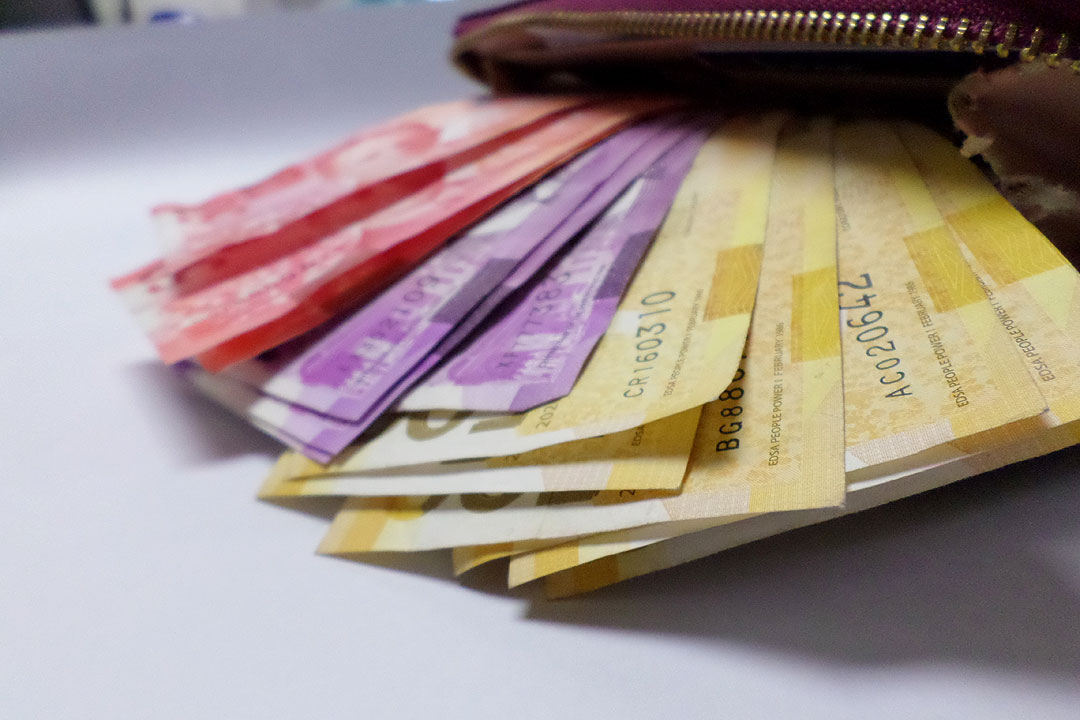House committee approves amendments to bank deposit secrecy law

THE HOUSE Banks Committee on Wednesday approved an unnumbered bill that consolidated eight measures seeking to amend the country’s decades-old bank secrecy law without discussion.
This is as it cited parliamentary rules that allow bills already passed in the previous Congress to be automatically cleared at the committee level.
“The bill on the bank secrecy, which is similar to the eight bills we are considering today, was passed on third reading in the previous Congress, which is the 19th Congress,” Manila Representative Irwin C. Tieng, who chairs the House Committee on Banks and Financial Intermediaries, said during a committee hearing on Wednesday.
A similar bill was made a priority measure by the Marcos administration in the 19th Congress. It was approved by the House, but its counterpart measure languished in the Senate’s Banks Committee. Mr. Tieng noted that amending the bank secrecy law is part of the administration’s priority measures for the 20th Congress.
A copy of the bill was not immediately available. The consolidated measure will include House Bill (HB) Nos. 7, 1674, 1786, 1918, 3026, 2196, 4388 and 5152, with HB No. 7 serving as the working draft.
In June, Leyte Rep. Ferdinand Martin G. Romualdez filed HB No. 7 that seeks to amend Republic Act No. 1405 or Law on Secrecy of Bank Deposits. It was the first measure of its kind filed before the House of Representatives under the 20th Congress.
The bill seeks to allow the Bangko Sentral ng Pilipinas (BSP) to look into bank deposits, including those in foreign currency accounts, that are under suspicion of illegal activities. Under the proposal, the BSP will be allowed to examine bank deposits “in specific circumstances.”
These include investigations of closed banks or when its policy-setting Monetary Board finds reasonable ground to believe that “fraud, serious irregularity, or unlawful activity” was committed by officials, employees, or any related parties of entities under the central bank’s supervision.
BSP-supervised institutions are banks, nonbank financial institutions with quasi-banking functions, and other entities that are engaged in financial activities like pawnshops, electronic money issuers, money service business, and trust corporations.
The central bank has been pushing for amendments to the Philippines’ tight bank secrecy laws to boost its oversight of the financial sector by preventing cases of insider abuse, citing cases where bankers themselves borrow from their own banks or hide proceeds of fraudulent activities in their banks, which endanger depositors. — K.K. Chan



